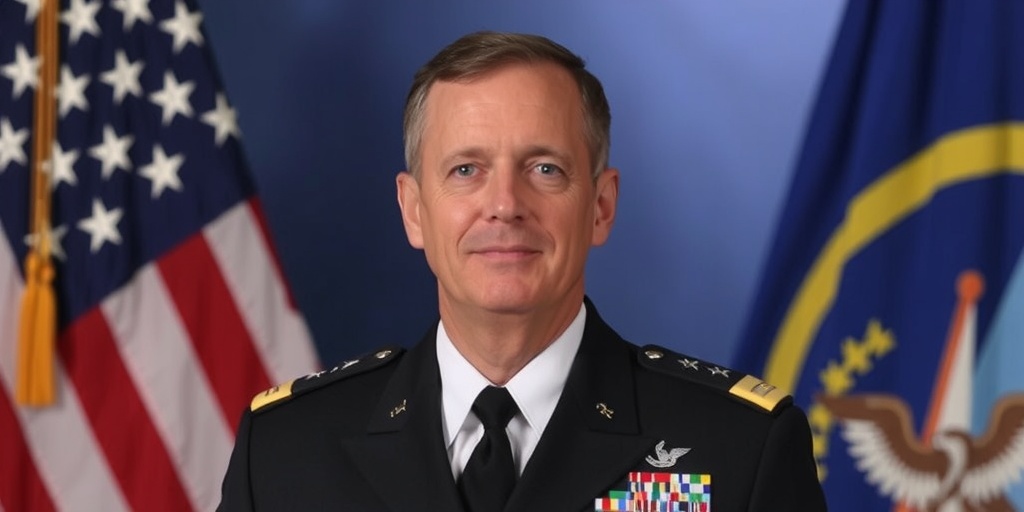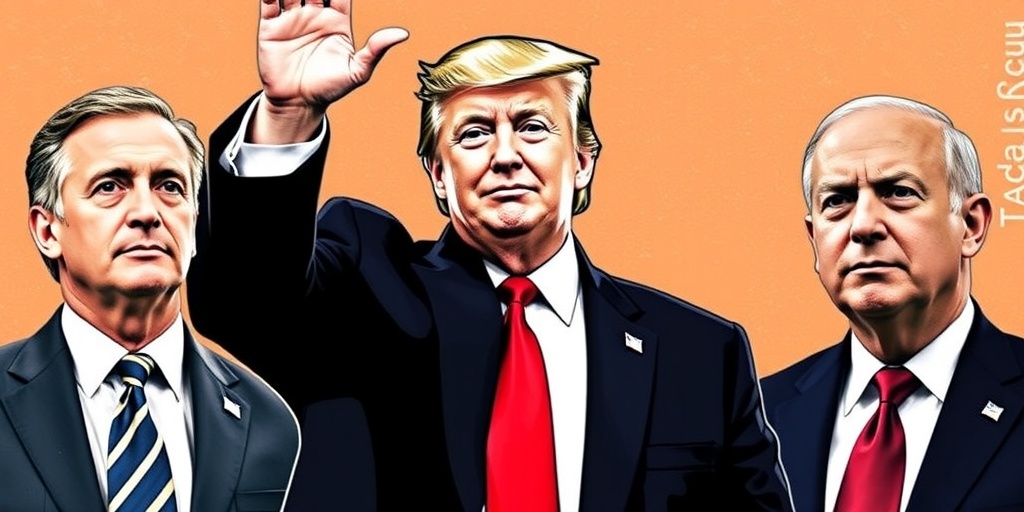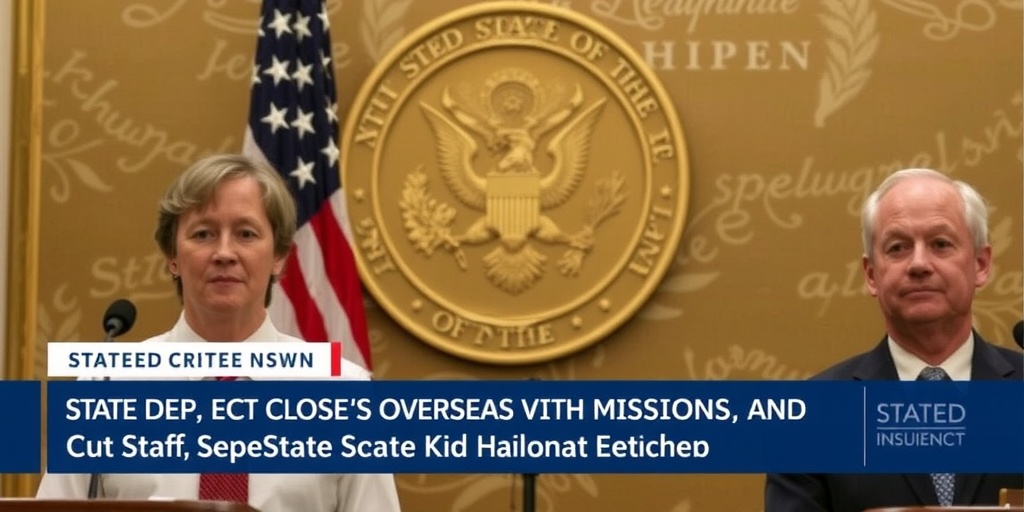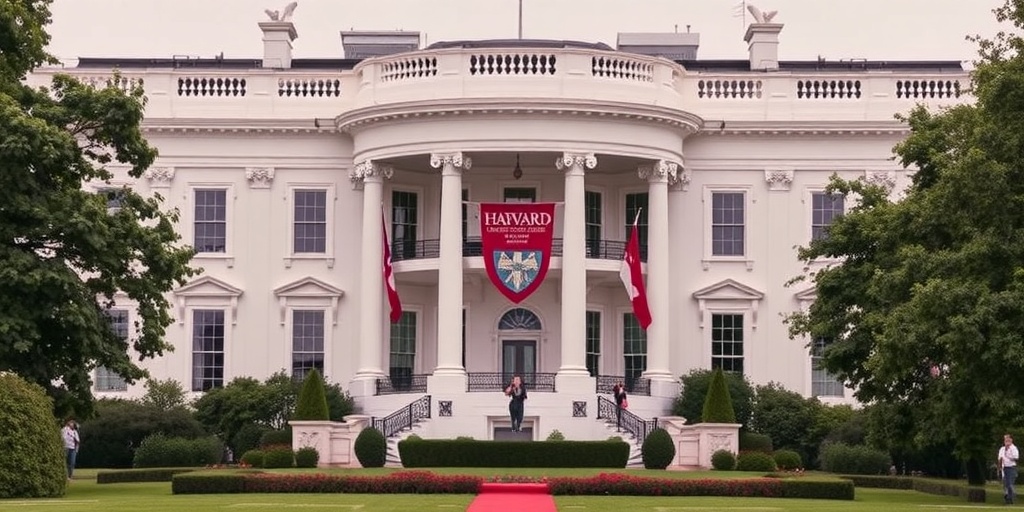Now Reading: Gen. Timothy Haugh Removed as NSA and Cyber Command Chief
-
01
Gen. Timothy Haugh Removed as NSA and Cyber Command Chief
Gen. Timothy Haugh Removed as NSA and Cyber Command Chief

Headline: National Security Agency Chief General Timothy H. Haugh Removed Amid Controversy
Subheadline: The dismissal sparks outrage among congressional Democrats, citing concerns over national security and the motives behind the decision.
In a shocking turn of events on Thursday, General Timothy D. Haugh, the head of the National Security Agency (NSA) and the United States Cyber Command, was reportedly removed from his position, raising alarm bells within the intelligence community. The announcement regarding his ouster was made by prominent congressional Democrats, Senator Mark Warner of Virginia and Representative Jim Himes of Connecticut, who strongly condemned the decision.
Despite the gravity of the situation, a spokesperson for Cyber Command was unable to confirm General Haugh’s removal and redirected inquiries to the Pentagon, which remained silent on the matter. Furthermore, a White House spokesperson chose not to comment, further deepening the uncertainty surrounding the incident.
According to a U.S. official familiar with the developments, General Haugh’s removal was instigated during a meeting in the Oval Office that involved far-right activist Laura Loomer, who has been identified as an outside advisor to President Trump. During this meeting, Loomer allegedly called for Haugh’s termination, prompting President Trump to instruct Defense Secretary Pete Hegseth to execute the removal. This intervention by a controversial figure like Loomer adds a layer of complexity to the motivations behind Haugh’s abrupt dismissal.
General Haugh’s tenure has been characterized by a cautious approach, especially in aligning with the current administration’s more aggressive stance on cybersecurity, particularly in relation to China. His perceived slow progress on initiatives to dismantle diversity programs further exacerbated tensions with the Trump administration, which has been vocal about its intentions to expedite such reforms.
Senator Himes, the leading Democrat on the House Intelligence Committee, expressed his concern following General Haugh’s dismissal, stating that the public deserves a transparent explanation regarding the reasons for such a significant decision. “General Haugh is known for his honesty and commitment to national security; these are qualities that may have contributed to his removal in this administration,” Himes remarked, indicating a deep-seated fear regarding the politicization of national security positions.
Reports from former officials have indicated that General Haugh received notification of his termination while he was traveling, a move described as abrupt and lacking clarity. It has also been reported that Wendy Noble, Haugh’s deputy at the NSA, was similarly dismissed without clear reasons, with officials stating that their services were simply deemed no longer required.
In the wake of Haugh’s removal, Lt. Gen. William J. Hartman, the deputy at Cyber Command, has been designated to take over as the acting director of the NSA. This shift in leadership raises questions about the direction the agency will take under new guidance.
General Haugh previously served as a key deputy at Cyber Command during the Biden administration, which places him in a politically precarious position under the current administration, whose officials may distrust him due to his previous appointment. The ongoing tension between Trump-aligned officials and those considered part of the traditional security establishment marks a troubling trend in the management of the country’s critical defense and intelligence operations.
The discontent over General Haugh’s ousting does not stop at congressional Democrats; it reflects broader anxieties about the direction of U.S. national security policies under the Trump administration. Recent actions have demonstrated a pattern of removing experienced leaders viewed as insufficiently aligned with the administration’s goals. This includes the dismissal of top military officials such as Gen. Charles Q. Brown Jr., Adm. Lisa Franchetti, and Adm. Linda L. Fagan.
In a public statement after the news broke, Senator Warner praised General Haugh’s leadership qualities, asserting that his removal would not contribute to a safer national environment. He criticized the White House for its handling of sensitive information on insecure platforms and for yielding to pressures from external advisers like Loomer. Warner’s statement underscored the bizarre nature of Haugh’s ousting — a “nonpartisan, experienced leader” dismissed in what many are calling an astonishing bid that could compromise the effectiveness and integrity of U.S. intelligence operations.
The fallout from this incident continues to unfold, and many in the intelligence community and Congress are bracing for potential ramifications as the administration adjusts its national security apparatus. Concerns persist regarding how such abrupt leadership changes will impact the country’s strategic positions, especially at a time of rising global tensions.
As investigations continue and speculation runs rampant, the broader implications of General Haugh’s removal remain to be fully realized, leaving many to question the future direction of national security under the current administration.
Stay Informed With the Latest & Most Important News
Previous Post
Next Post
-
 01New technology breakthrough has everyone talking right now
01New technology breakthrough has everyone talking right now -
 02Unbelievable life hack everyone needs to try today
02Unbelievable life hack everyone needs to try today -
 03Fascinating discovery found buried deep beneath the ocean
03Fascinating discovery found buried deep beneath the ocean -
 04Man invents genius device that solves everyday problems
04Man invents genius device that solves everyday problems -
 05Shocking discovery that changes what we know forever
05Shocking discovery that changes what we know forever -
 06Internet goes wild over celebrity’s unexpected fashion choice
06Internet goes wild over celebrity’s unexpected fashion choice -
 07Rare animal sighting stuns scientists and wildlife lovers
07Rare animal sighting stuns scientists and wildlife lovers





















